Dematerialization is part of the ecological transition
Digitization represents a major challenge in the transition to a more environmentally friendly economy. By adopting a paperless approach, companies can reduce their environmental impact while enjoying numerous benefits.
The benefits of document digitization
Zero Paper
Digitalization helps to avoid unnecessary printing and reduce pollution related to paper production (water consumption, use of chlorine for bleaching, etc.). Indeed, 75% of a company's waste comes from paper waste*, and more than 900,000 tons* of paper waste are generated each year by French companies.
Data Accessibility
Data is stored on 50 shared servers and accessible 24/7, facilitating teleworking and remote activities, while reducing the impact of transport. The result: a digital world that is already responsible, while at the same time enabling greater productivity.
Improved Collaboration
The sharing and exchange of digital documents facilitate collaboration between employees and increase productivity. Each employee loses an average of 8 hours per week sorting paper documents. Switching to 100% digital is also the subject of the future regulation on electronic invoicing in 2024, which will facilitate transparency in exchanges and payments between companies.
Space saving
Digitalization saves space by freeing up square meters previously dedicated to storing paper archives, thereby reducing land artificialization linked to building construction and electricity consumption for air conditioning, while allowing for quick retrieval of documents and protecting the company's assets.
What is a Low-Carbon DMS?
A low-carbon DMS is an electronic document management solution that limits its CO2 emissions through several actions:
- Infobesity Reduction: Implementation of features to limit information overload.
- Ecological Cloud Pooling of servers, use of ISO 50001-certified data centers to optimize energy consumption, and a French and Swiss cloud to reduce the distances traveled by data.
- Capturing CO2 emissions emissions: Establishment of a carbon footprint, financing of French forests in partnership with Ecotree to create long-term carbon sinks, and certification of the approach by Bureau Veritas.
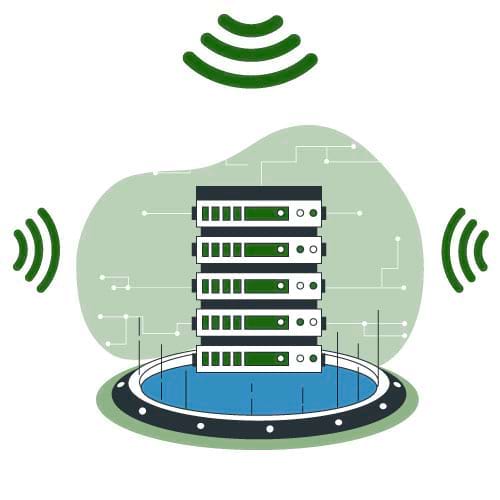
A responsible DMS is also aware of its carbon impact, and shares it transparently with its users through tools such as Zeencalculette. Finally, it shares the benefits of this approach with its customers by offering them the opportunity to obtain a low-carbon EDM badge , concerning proof of the capture of part of the emissions linked to the use of the EDM by its users.
*Sources: Ademe / Recygo
The ZeenPlanet Program in Detail
The ZeenPlanet program is an initiative launched by Sages Informatique, the company that develops the Zeendoc Document Management System (DMS) solution. This approach offers small and medium-sized enterprises (SMEs) using Zeendoc software the opportunity to automatically reduce the carbon footprint associated with their document management.
1
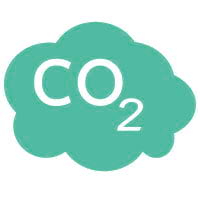
Carbon Footprint Assessment
2
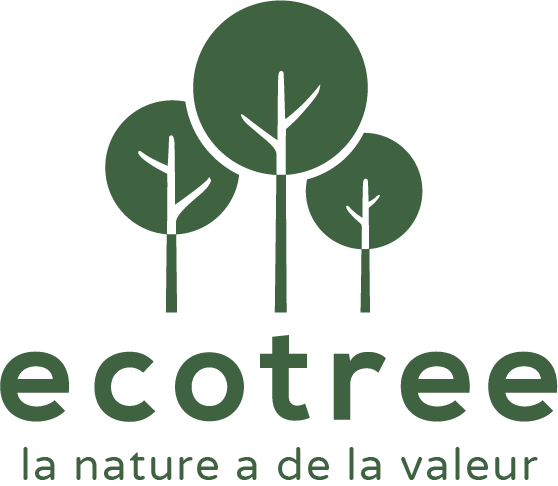
Ecotree Forest
3
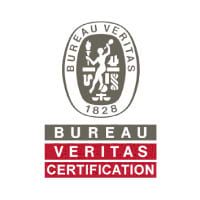
Carbon Certification
4
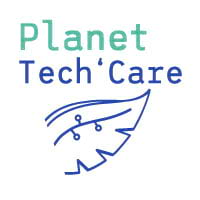
Planet Tech'Care
5
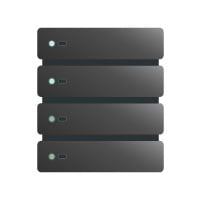
ISO 50001
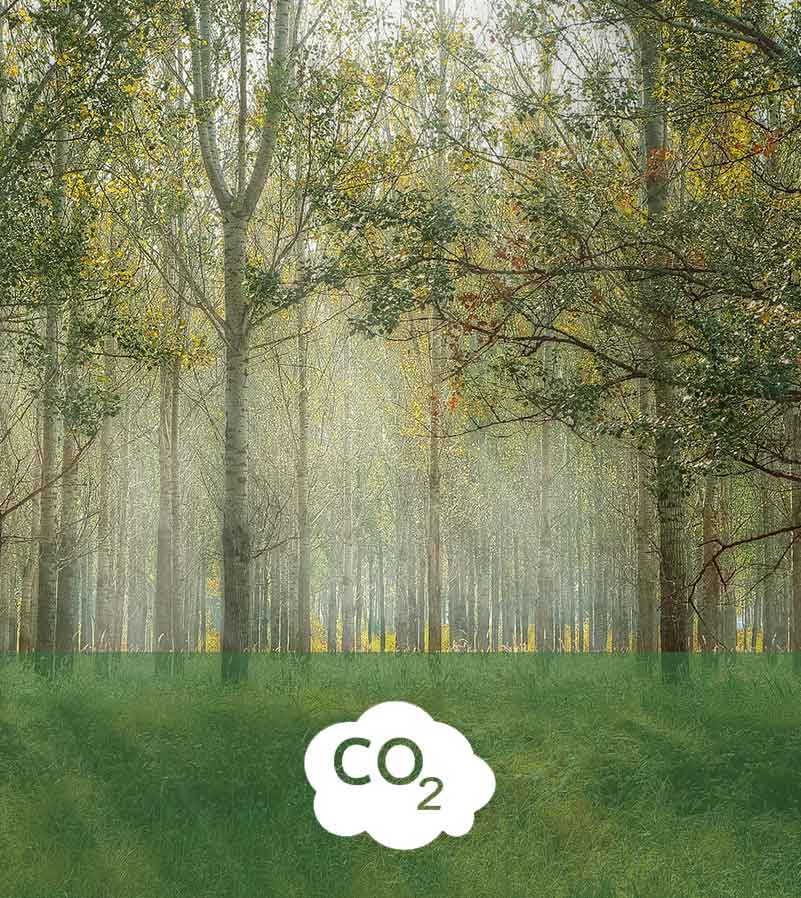
1. Zeendoc's carbon footprint
Sages Informatique has voluntarily chosen (without any current legal obligation for companies of our size) to pursue responsible growth, by reconciling the digital domain and ecology, and by minimizing our carbon emissions. With this in mind, we want to offer our customers Zeendoc, our electronic document management (EDM) solution with a low carbon footprint.
In order to achieve these objectives, it was essential to measure our carbon footprint. We therefore called on Avvena, a consulting firm committed to Clean Tech. This company combines on-the-ground expertise and new technologies to offer solutions in line with the national low-carbon strategy, as well as with adaptation to climate change more generally.
More information on https://avvena.fr/ and on https://www.ademe.fr/
2. Our partnership with Ecotree
When the Green Project was launched in 2020 and to mark the 20th anniversary of Sages Informatique, partnering with EcoTree, a French SME, was an obvious choice, and one that met future ambitions to move towards an ecological transition. This year therefore marks a major turning point for Sages Informatique.
Our human adventure has been part of a sustainable approach thanks to actions in forests managed and maintained throughout their lives by foresters. In 2020, 1330 trees were planted thanks to this collaboration. To date, more than 3000 trees populate the ZeenPlanet forest. This global partnership with Ecotree is based on 3 essential points: biodiversity, air quality, the local economy.
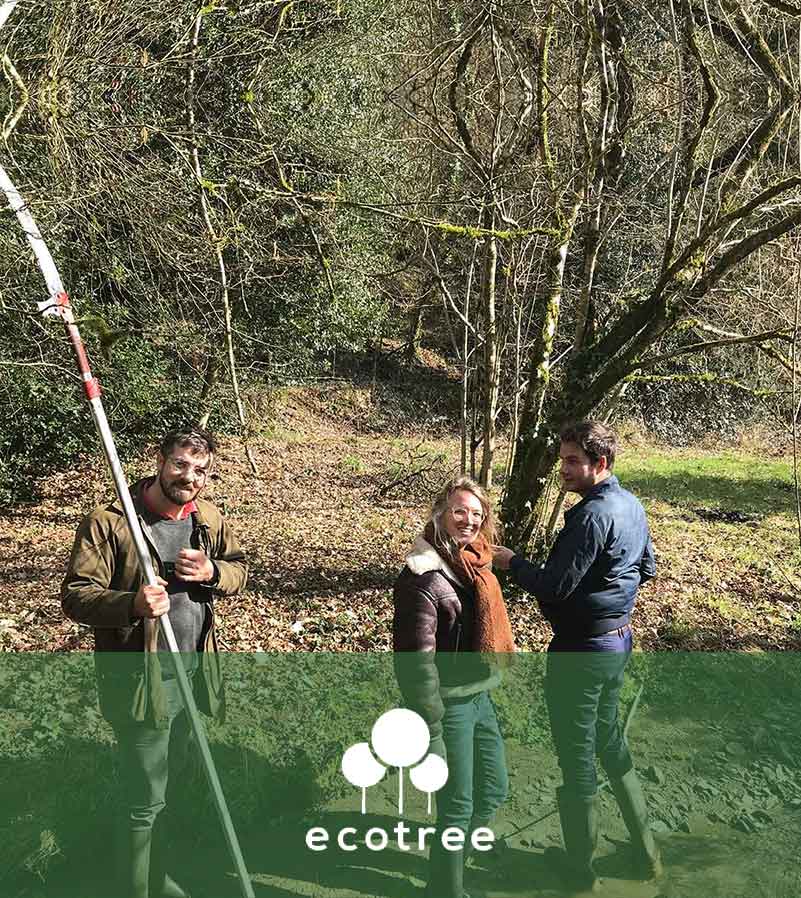

3. Carbon sink certification
Bureau Veritas France certification confirms that the ZeenPlanet program, developed in partnership with EcoTree, provides a reliable calculation of carbon capture. This certification attests to the validity of the program and includes the following elements::
- An accurate quantification of the forest area concerned.
- Verification by Bureau Veritas of the data and calculation methods used.
- A clear, precise and documented action within the framework of the ZeenPlanet program.
4. Our partnership with planet tech'care
The Planet Tech'Care program, launched by NUMEUM (formerly Syntec Numérique & Tech In France), is a platform that aims to connect companies wishing to actively commit to reducing the environmental footprint caused by digital technology. Planet Tech Care is the first French professional organization bringing together more than 850 signatories linked to the technological ecosystem. Sages Informatique has joined this program because we are aware of the impact of digital technology on the environment and we want to avoid replacing paper pollution with digital pollution.
For more information, please visit https://www.planet-techcare.green/.
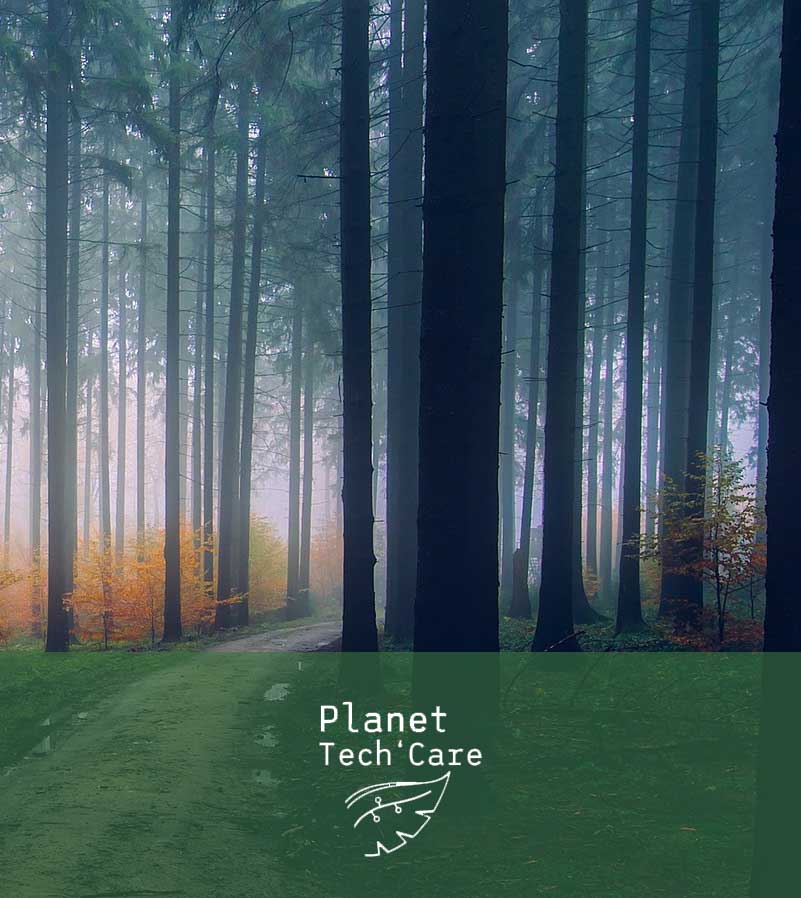
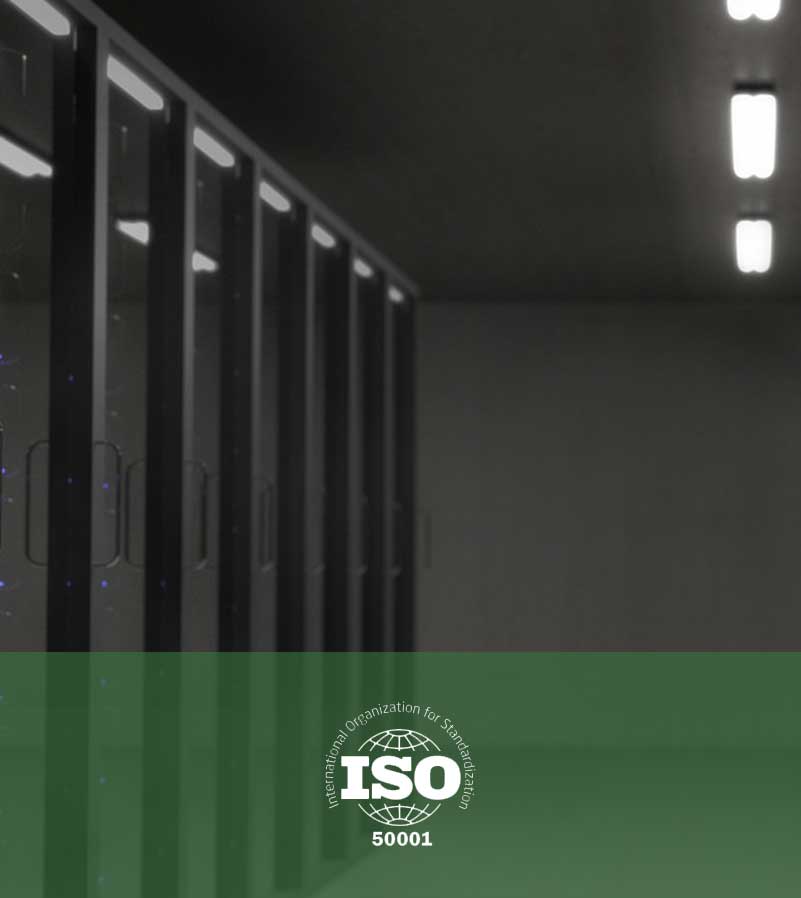
5. Compliance with ISO50001
At Sages Informatique, we recognize that trees play a crucial role in the long-term capture of CO². That's why we store our users' data for legal periods in the cloud, on 50 secure French servers powered by green energy sources. This approach is known as"green IT" or"green web hosting". We are committed to using environmentally-friendly datacenters, which are powered by hydroelectric energy, reducing water consumption for cooling and promoting the circular economy.
For more information about our practices, please visit https://www.equinix.fr/data-centers/design/green-data-centers and https://www.scaleway.com/en/environmental-leadership/.
Join ZeenPlanet!
In partnership with EcoTreeZeendoc is committed to CSR approach to support carbon capture and the preservation of forest ecosystems and their biodiversity.
By 2030, these will be 500,000 hectares of forest Zeendoc is actively participating in this challenge, which is essential for the future of our forests, by contributing to the planting of 3,455 trees since 2020.
trees planted by Zeenplanet
since January 1, 2020
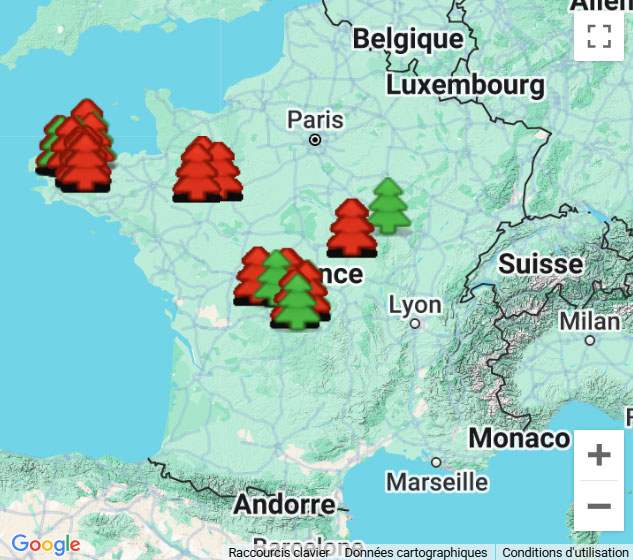
A constantly evolving CSR approach
Utilisateur Zeendoc ? Demandez votre badge bas carbone.
Trees planted
Amount of CO2 saved
Zeendoc, Ecotree partner